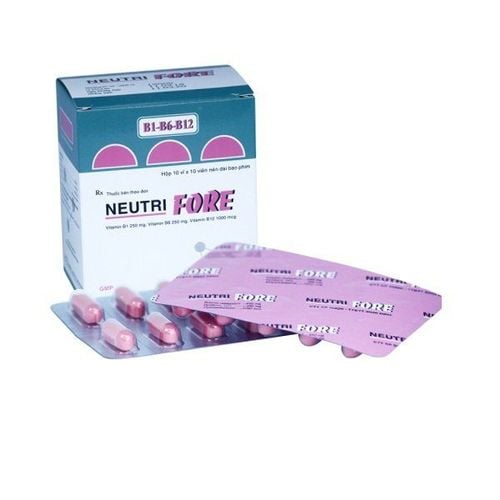This is an automatically translated article.
The article was professionally consulted by Dr. Huynh Bao Toan - Pediatrician - Neonatologist - Department of Pediatrics - Neonatology - Vinmec Nha Trang International General HospitalChildren anorexia is always a problem that parents have a headache. It not only affects the health, slows the development of children, but also weakens the immune system. So what is anorexia, loss of taste?
1. What is loss of taste?
Loss of taste is a condition in which a child cannot or only very little perceive the taste of food in his mouth, which makes meals boring and tasteless. Although loss of taste is not too dangerous, it has a significant impact on a child's quality of life.
Another condition that is almost similar to loss of taste is anorexia, which occurs when a child lacks interest or craving for any food, even favorites. If appetite loss occurs over a long period of time, it can lead to persistent weight loss or malnutrition.
2. What causes children to lose their taste buds?
Possible causes of loss of taste in children include:
Taste disorder: A condition in which the mouth always has a persistent taste that can overwhelm all other tastes such as rancid, foul, salty, sour. As a result, the children tasted the same foods; Loss of taste: A state of partial loss of the ability to perceive certain tastes such as bitter, sour, salty, sweet; Olfactory disorder: A condition in which the ability to perceive flavors is reduced in relation to the throat, palate, or nose; Ageusia: This is a very rare condition where there is a complete loss of taste and the inability to taste any taste; Due to drug use: Drugs that can affect the ability to perceive taste can include macrolides, antifungal drugs, fluoroquinolones, protein kinase inhibitors, HMG - CoA inhibitors or ACE inhibitors. angiotensin... Pathological causes: Sinusitis, otitis media, poor oral hygiene, upper respiratory tract infections, gingivitis, mouth ulcers, tooth decay,... Psychological factors: The Affected psychology can also make children lose interest in eating. Alternatively, the child may simply be anorexic.

Mất vị giác là tình trạng trẻ không thể hoặc chỉ cảm nhận được rất ít vị của thức ăn vào miệng
3. What to do when children lose their taste?
Children with loss of taste often perceive a salty taste when eating and drinking even though the food or drink does not contain salt. Children can even completely lose their sense of taste, leading to anorexia, skipping meals. To overcome this situation, it is necessary to rely on the cause, specifically as follows:
For physiological anorexia: This situation usually does not last more than 7 days, at this time parents should be concerned and patient with the process. Children's eating process is better, do not force if children do not like, do not force children to eat more and absolutely avoid actions that cause psychological fear for children such as squeezing their nose for children to swallow. For loss of taste due to the common cold or flu, wait until the illness subsides before taste returns to normal. For sinusitis or otitis media, antibiotics may be recommended by your doctor. Keep your child away from cigarette smoke, car fumes, and use an over-the-counter antihistamine to reduce rhinitis if necessary. Proper and complete oral hygiene for children. Floss and rinse your mouth daily. If the state of anorexia, loss of taste is prolonged, the child has no or slow weight gain, the child has other abnormal symptoms such as fatigue, pale skin, fever, prolonged digestive disorders, etc., the child needs to be taken. go to the doctor.














